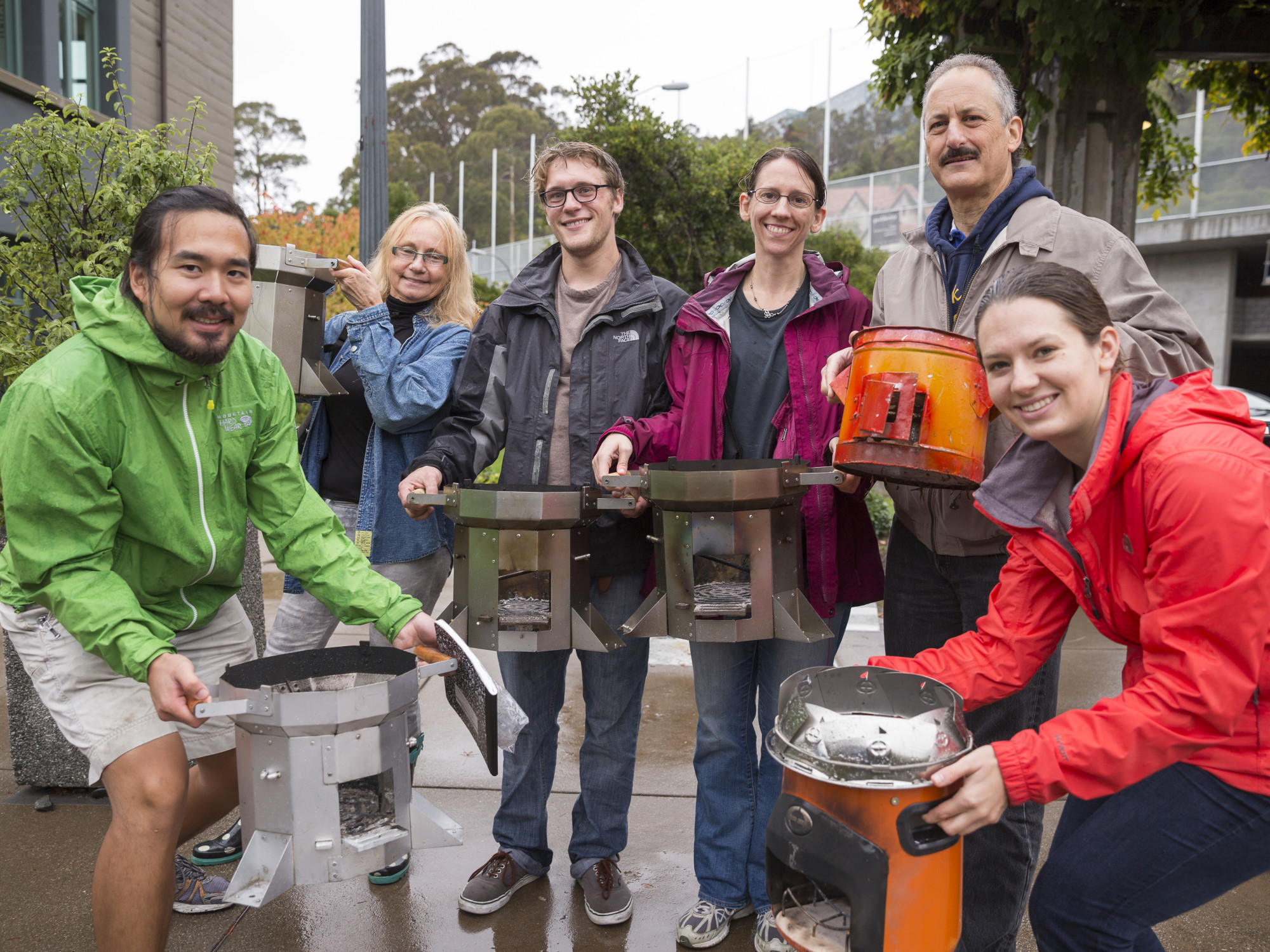(2 unit) Graduate Course offered every Spring (2016, 2017, 2018)
Contact: [Alice Agogino] agogino@berkeley.edu; [Sophi Martin, Program Coordinator]: sophi@berkeley.edu
Course Description:
Development Engineering represents a new interdisciplinary field that integrates engineering, economics, business, natural resource development and social sciences to develop, implement and evaluate new technological interventions that address the needs of people living in poverty in developing regions and low-income areas of the United States. This seminar, offered each spring term, will focus on work-in-progress presentations by the students, as well as faculty and guest lecturers. This seminar is a required course for the Designated Emphasis in Development Engineering.The faculty members co-teaching the required Development Engineering Research and Practice Seminar will be the faculty advisors for the Dev Eng graduate students presenting their research in the seminar. This term, the overarching focus of discussion will be on Innovation at the Nexus of Food, Water, and Energy Systems (InFEWS, a new training program in the development engineering ecosystem).
See current participating faculty in the Dev Eng Graduate Group. Also see our Innovations in Food, Energy and Water Systems (InFEWS) traineeship program.
Course Objectives
The objective of the seminar is to prepare students for research and practice in development engineering. Students will give presentations on their research and receive feedback from faculty and peer students in multiple disciplines. The seminar will also provide a community of practice in the new field of development engineering with a focus on food, energy and water systems.
Couse Prerequisites: Graduate level standing.
Student Learning Outcomes:
The students will learn to present their research in a scholarly setting. Students will learn how to design human subjects protocols and include user participation in the design of their research. Through peer learning and faculty feedback, students will learn from exposure to a range of different examples and applications.
Assessment of Student Progress Toward Course Objectives:
- 50% on presentation of research
- 20% on attendance and participation in class
- 30% on post-reflection and integration plan into research
Textbook (s) and/or Other Required Readings:
No formal textbook. Each speaker will be asked to provide one reading in preparation for his/her session.
